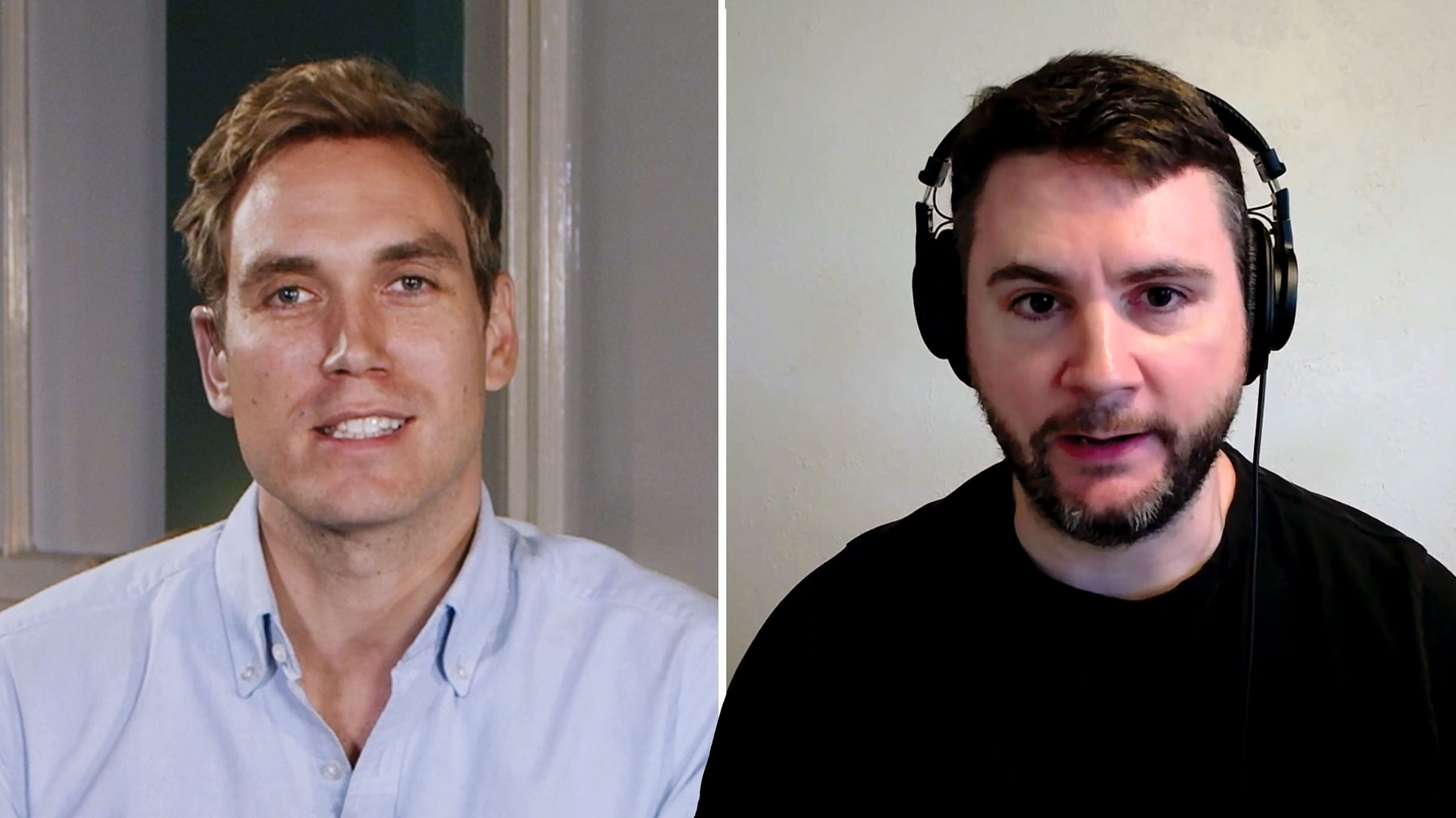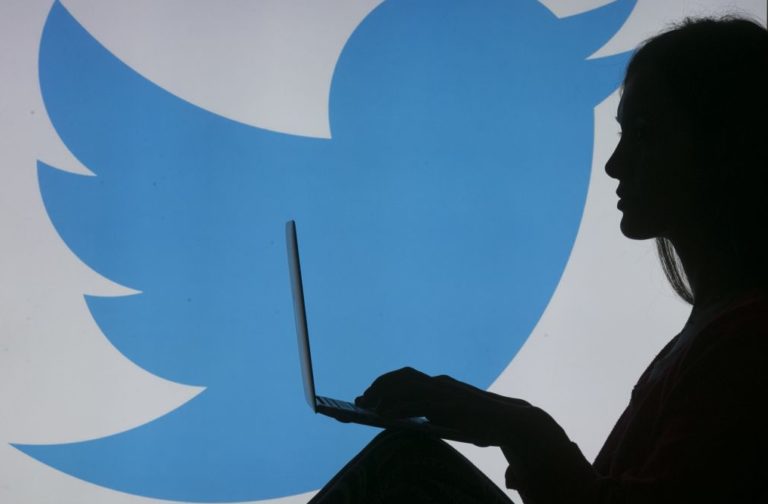

For example, some 27,000-odd pre-war “friendly societies” supported families at times of crisis in return for small regular contributions, and at their peak boasted a working-class membership numbering some 14 million.īut the mass, state-managed war effort made mass solidarity seem imaginable in Britain - and in turn drove the foundation of the welfare state. Prior to World War II, the relation of civic institutions to government was far less symbiotic - and far less elite. The Equality and Human Rights Commission allowed its membership to lapse, joined recently by University College London, the University of Westminster and Channel 4, Ofsted and the Ministry of Justice.īut how did Britain get to a point where it seemed reasonable for actual government departments to have their HR policies written by a highly politicised lobby group? How, in other words, did the Blob take over? And in response, high-profile bodies have begun to back away. Led by grassroots feminist and gay-rights campaigns such as LGB Alliance and Sex Matters, there’s been a growing backlash against policies promoted by the Diversity Champions scheme. This “kitemark” programme, which at £3.2m delivers Stonewall’s single largest source of income, charges institutional and corporate members £2,500 a year or more to vet employment policies and practices for “LGBT+ inclusion”. Liz Truss, for example, recently recommended that UK public bodies leave the LGBTQ+ charity Stonewall’s Diversity Champions scheme.

Gunfire is now regularly heard in an intensifying battle over the ideological focus of public institutions. Since the Tories rode to power in 2019 on a promise to defeat the Remainer Blob, Tory cannons have increasingly been trained upon this shadowy enemy. And the kind of public and charity-sector organisations Gove denoted as “Blob” are, if not quite all-consuming, at least amorphous: a grey zone between government, charities, committees and other institutions. The Blob, a 1958 sci-fi movie, depicted a gelatinous alien that consumes everything in its path. During the Coalition government, for example, Michael Gove used “The Blob” as a metaphor to describe the interconnected ecosystem of think tanks, teachers’ unions, campaigners and teaching targeted by his education reforms. The modern Tory Party is fond of picking fights with such unaccountable political forces. Because ministers aren’t unanimous in their support, for example Johnson’s recent ending of unconscious bias training, Rycroft said “we can carry on doing things that we were previously doing”. Matthew Rycroft, the Home Office permanent secretary, was recently caught on Zoom saying, in time-honoured Yes, Minister style, that there’s no need to “slavishly” follow the Government’s official agenda on diversity and inclusion. Our institutions are in a state of civil war.


 0 kommentar(er)
0 kommentar(er)
